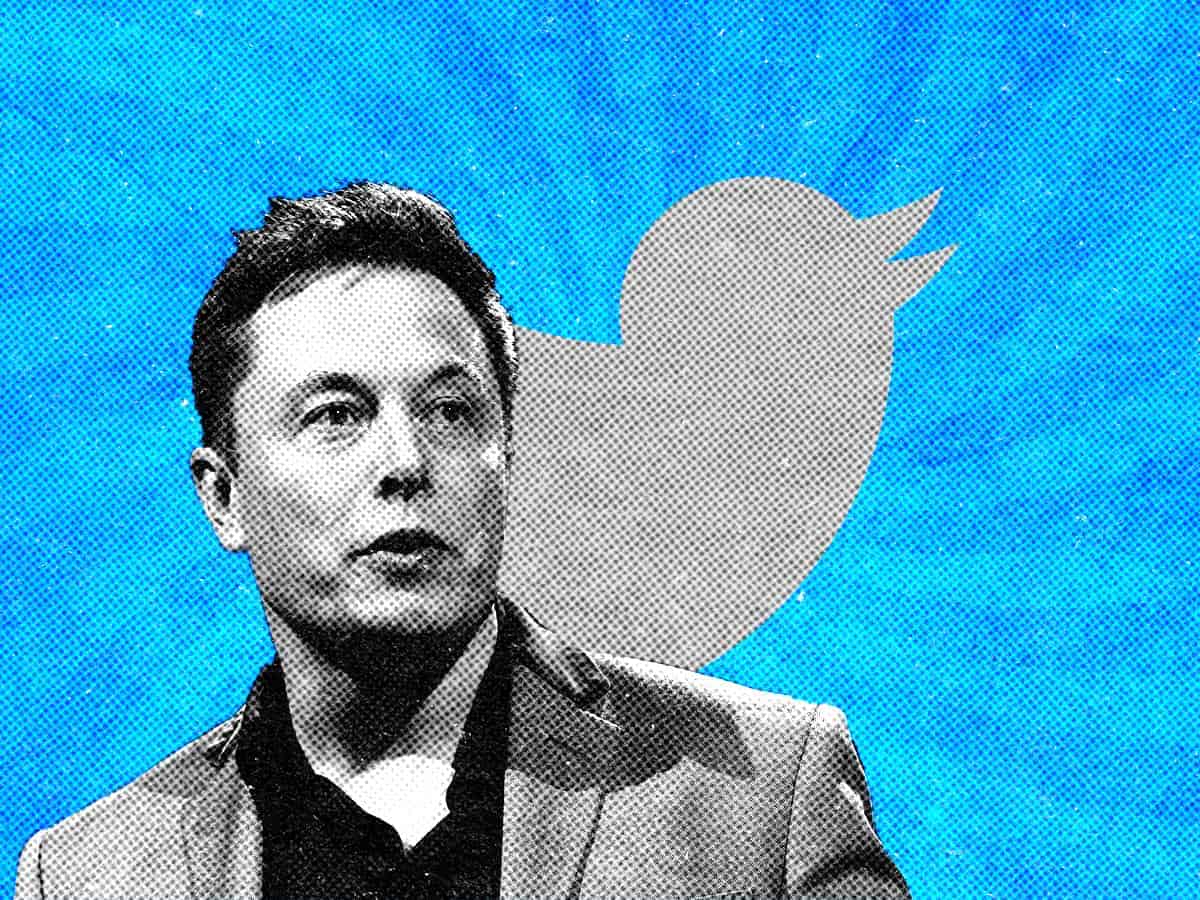
San Francisco: Blue product manager Esther Crawford, who shot to fame late last year after a picture of her sleeping in the Twitter office went viral, but was among the around 200 employees laid-off by boss Elon Musk recently, has broken her silence, revealing how it feels to suddenly lose a job despite working so hard.
In a series of tweets, the former Twitter employee sought to reveal how some people, left behind after mass layoffs at the company, felt, claiming that people who remain at a company after mass layoffs get “demonised for not quitting”.
“Seeing people who remain at a company after a round of layoffs get demonised for not quitting in solidarity is truly bizarre. Empathy should be extended to both sides. It’s hard to lose your job and the people who remain often end up having to pick up even more work,” she tweeted.
She further added: “For those laid off, it can be jarring to suddenly have a piece of your identity taken away — especially if you were truly passionate about the problem & work. It’s normal to have a lot of feelings as you rebuild a new routine and plan for the future.”
Crawford also said that after a series of layoffs, the remaining employees might feel even “lonelier and scarier”.
“For the people still at the company it can feel lonelier and scarier after a bunch of people you know and trust are gone. A new normal has to emerge and that takes time as projects, people and priorities shift.”
“At the end of the day, businesses are not families — they’re teams”, Crawford emphasised.
Moreover, she believes that the company’s needs can change or new directions can emerge.
Keeping up the fighting spirit, she ended: “Many things are out of our control in life, so the best thing to do is be adaptable and antifragile — that way you don’t just bounce back from challenges but become smarter, wiser and stronger because of them”.



